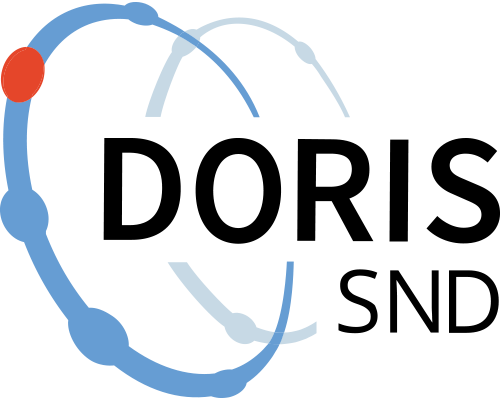National March Cohort
Three pages of this questionnaire were devoted to physical activity, the main focus of the project. Both previously validated and newly developed questions were used in order to estimate energy expenditure and to distinguish between constant low-level activity and short-term peak activity. We used a new rating scale for self-reports of time spent on different intensity levels of physical activity (and inactivity) during a typical day, allowing estimation of total energy expenditure on an interval scale level. This scale has been shown to be both valid and reliable. Seven pages contained questions about diet, using a 63-item validated semi-quantitative food frequency questionnaire that allows estimation of total energy intake and calorie adjustment. Supplementary questions were asked about intake of fried food, detailed pattern of alcohol intake, dietary supplements and use of health food preparations. Two pages had questions about anthropometrical measures, including height, weight (birth weight, current weight, and weight fluctuations), waist and hip measures (allowing calculations of BMI, lean body mass, waist-hip ratio). Further, three pages were allocated to questions about various background and possibly confounding factors such as country of birth, environment during childhood and adolescence, birthplace of parents, own education, type of employment. Two pages were about smoking (including passive smoking) and snuff dipping habits. One page was dedicated to vaccination history, two pages to medical history, two pages to pharmacological history. Two pages were about sun and UV exposure, possible use of sunbeds, and type of complexion. Five pages were spent on questions concerning the psychosocial history, including validated sets of questions about demands and autonomy at work, life events, self-perceived health, social support, as well as duration and quality of sleep. Sleep disturbances were assessed using a modified version of the Karolinska Sleep Questionnaire (KSQ), a widely used tool to assess quality and restorative function of sleep. One page was about the use of mobile telephones. Two pages were devoted to questions specific for women (age at menarche, parity, infertility, menstruation, menopause, use of oral contraceptives and hormone replacement therapy).
Essentially complete follow-up has since been attained through multiple record linkages, using the individually unique national registration numbers (NRNs) to ensure exact linkages. We have linked the cohort to Statistics Sweden’s Register of the Total Population and Population Changes, and to the Patient Register, Cancer Register, Causes of Death Register, and Prescribed Drug Register from the National Board of Health and Welfare, permitting accurate tracking of vital and health status of all cohort members. Presently, we have complete follow-up through 2010. We are currently applying for new linkages, which will allow us to have information updated through 2012.
Purpose:
In September 1997, the Swedish Cancer Society organized a four-day national fund-raising event, the National March, in almost 3,600 cities and villages around the country. In conjunction with this event, we established the Swedish National March Cohort. The cohort consists of 43,880 well-motivated men and women who participated in the National March in support of the Swedish Cancer Society. With a 36-page questionnaire about lifestyle, exposure was assessed in much greater detail than in almost any other cohort. Essentially complete follow-up is attained through multiple linkages with high-quality Swedish registers.
Go to data source
Opens in a new tabhttp://ki.se/en/meb/the-swedish-national-march-cohort-nmc
Documentation files
Documentation files
Citation and access
Citation and access
Data access level:
Creator/Principal investigator(s):
- Ylva Trolle Lagerros - Karolinska Institutet - Department of Medicine, Solna
- Rino Bellocco - Karolinska Institutet - Department of Medical Epidemiology and Biostatistics
